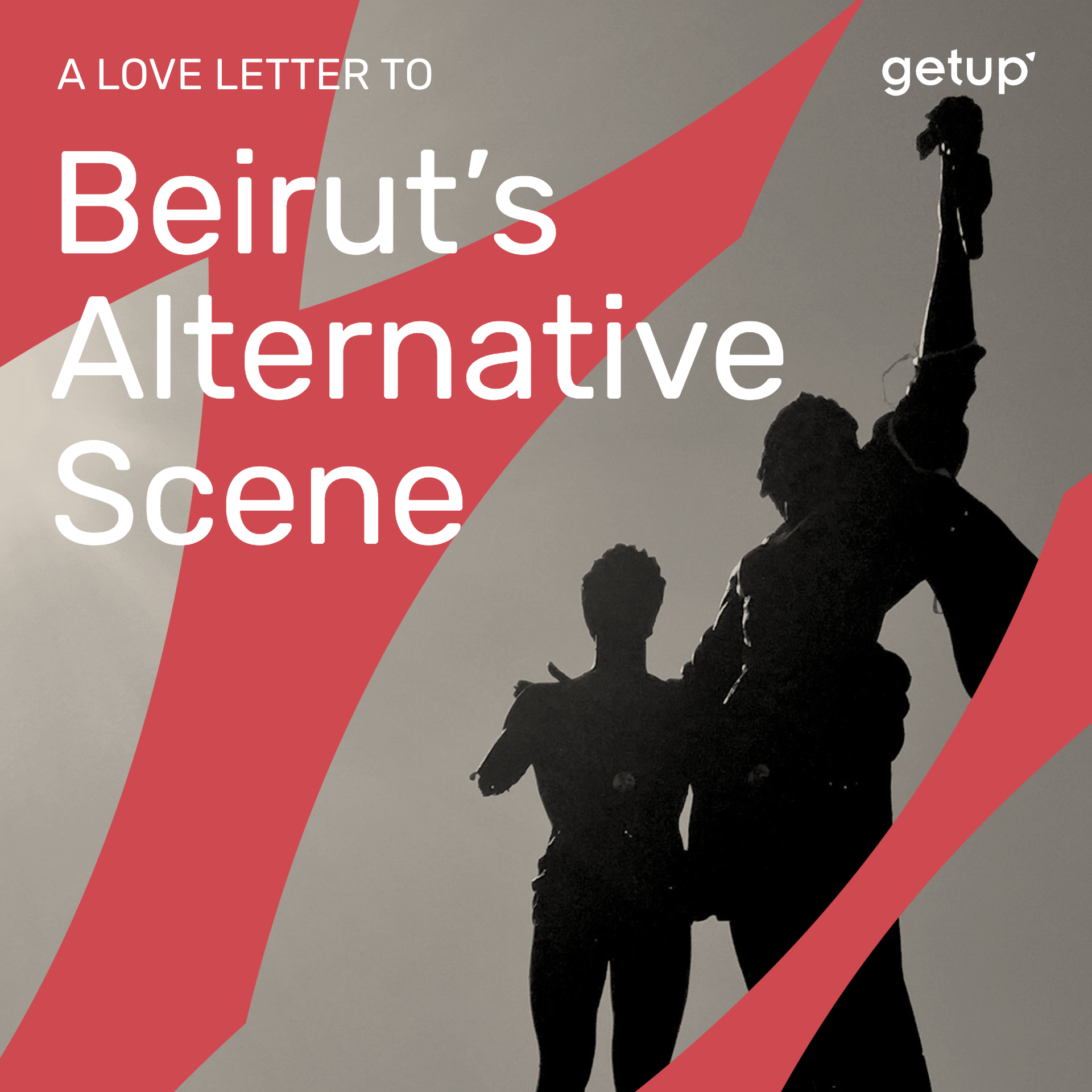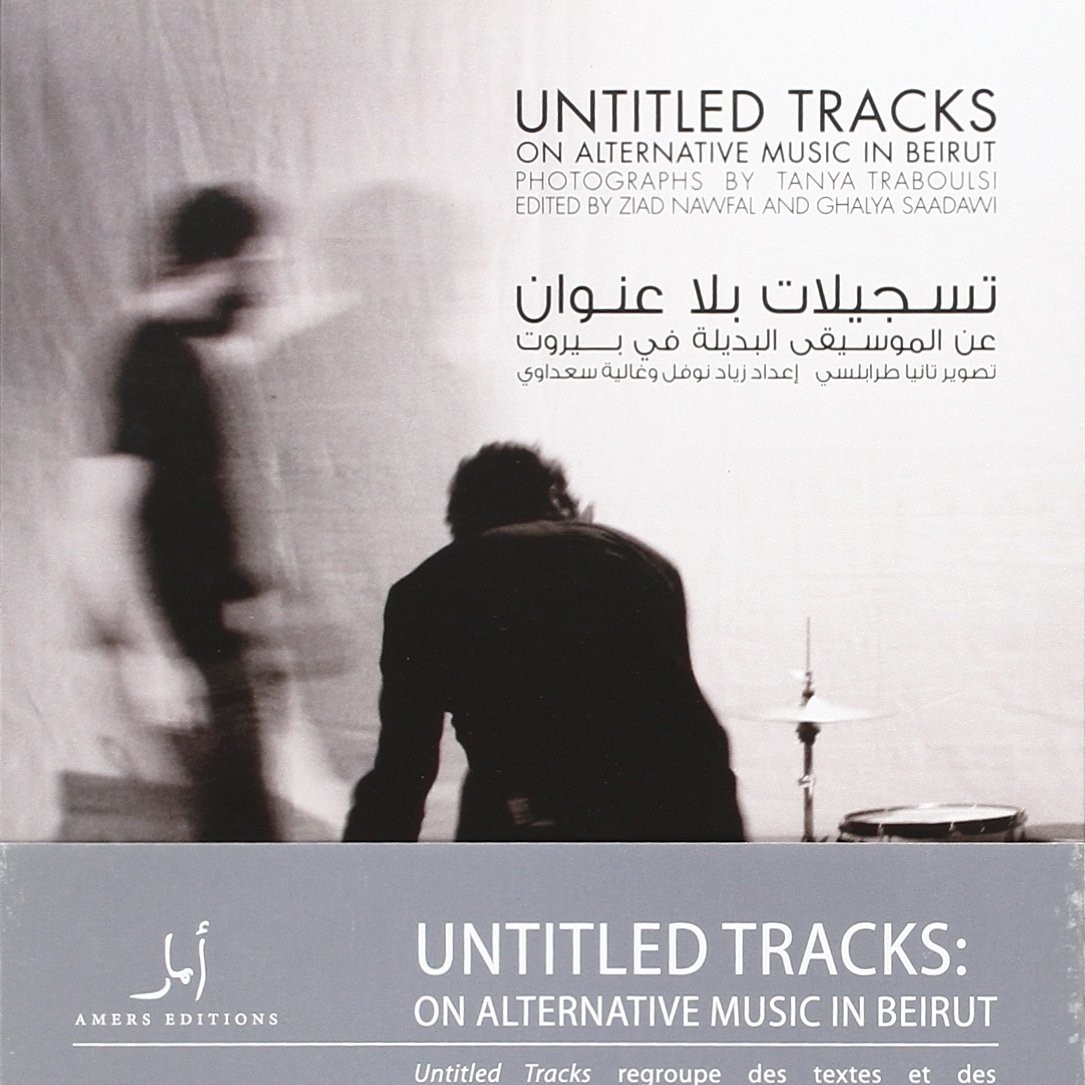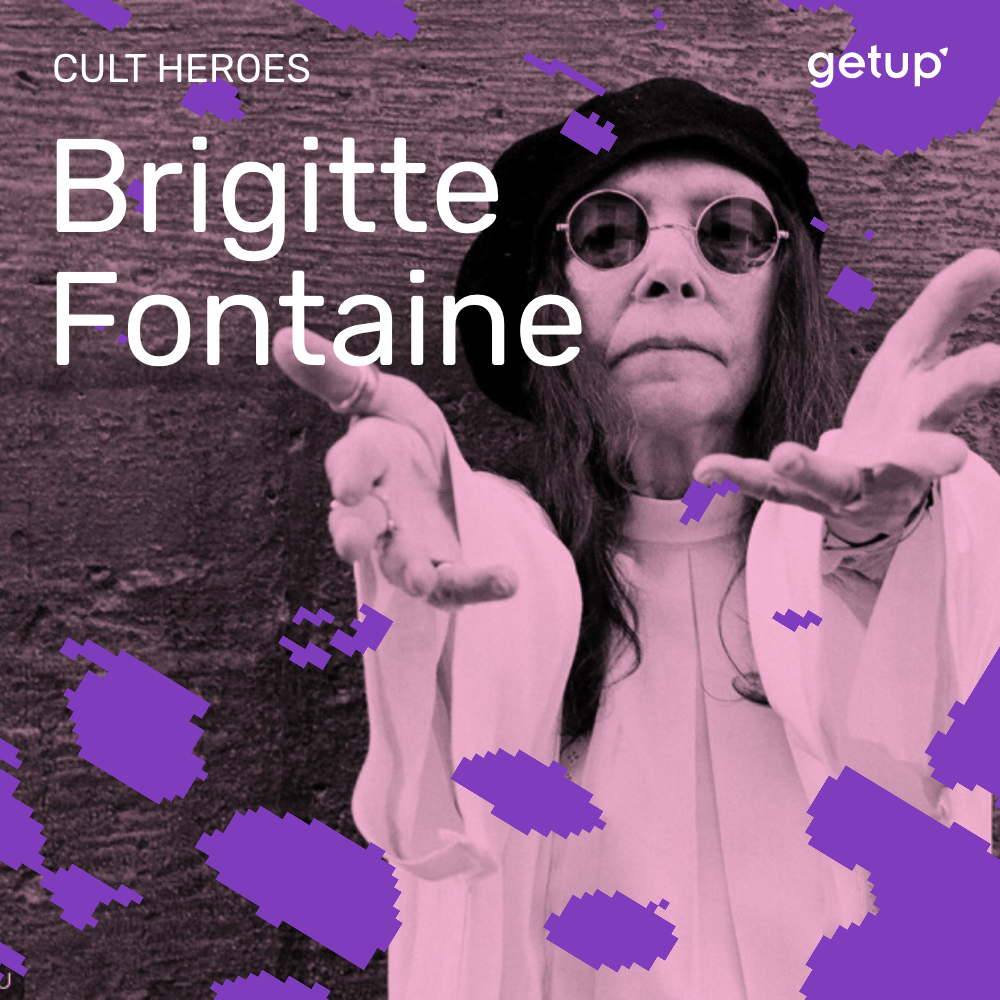Having begun in 1990, the Lebanese underground scene is a fertile one, with rock at its beating heart. During the Lebanese war from 1975 to 1990, the rare guitar band that started up – and who generally switched between blues and hard sounds – would leave the capital for Jounieh, a city on the Mediterranean coast where they found refuge.
With the end of the conflict this embryonic music scene returned to Beirut. The city began to procure recording equipment and saw the opening of a few concert halls. A lot of older teens – often former Catholic school children rebelling against authority and religion – gravitated towards Nirvana and punk. Immersed in a cosmopolitan city whose main focus was to rise from its ashes, the youth began to form bands. The Government, Cristobal, Lumi, Pop Will Save Us, and the illustrious Scrambled Eggs founded in 1998, would pave the way for an alternative scene that sat only twenty miles away from every orientalist cliché.
Spearheading the movement was the Soapkills duo who would go on to experience international success with its meeting of Yasmine Hamdan’s voice and Zeid Hamdan’s productions. A team from the city, Soapkills were at home as with Oum Khaltum’s repertoire as with Portishead or Massive Attack. When the duo split up in 2005, Zeid left to join The New Government and Yasmine reinvented herself under the name Y.A.S., getting backing from Mirwais – world-renowned for production on Madonna’s Music and American Life – on the Arabology project. Separated from her pygmalion, Yasmine Hamdan now operates as a solo artist and is signed to Crammed Discs.
Formed in 2008 in a music workshop at the American University of Beirut, Mashrou’ Leila is another Lebanese creation to have met with international success. In the Middle East however, the group’s path has been more complicated. In the midst of a controversy in Egypt and banned from the stage in Jordan, the rockers – led by a singer who is openly gay and committed to LGBTQ+ issues – were recently removed from the Byblos International Festival, held in a popular ancient port city to the north of the Lebanese capital. Released on their debut album, the superb track “Shim El Yasmine” evokes a love story between the frontman and an older, married man. Clearly a first for the Arab pop-rock scene.
On the hip-hop side, the local scene is still quite green and Beirut continues to be shaped by trailblazers such as Rayess Bek (who has since become Chyno), Aks’ser, the multi-instrumentalist group Fareeq El Atrash (Lebanon’s answer to Roots), and the DJ Lethal Skillz, who is still very active here.
Last but not least – and serving as an extension to the local rock scene – the noise and improvised scene has revitalised rock and underground sounds. Naturally the very experimental Irtijal Festival comes to mind, a Mediterranean landmark for improvised music that turns twenty next year. The event was co-founded by activists such as cartoonist, columnist and trumpet player Mazen Kerbaj, and Raed Yassin, a musician from the group Praed. Praed can be found on the second volume of Arabstazy’s pan-Arab compilation Under Frustration alongside another Beirut compatriot – producer and performer OkyDoky. Harvesting everything he can find, his diverse music mirrors this mixed city by creating a global patchwork with everything from 80’s electro to experimental breakbeats.
Heartbroken by a double explosion in its harbour in the summer of 2020, where nearly 190 people lost their lives and over 6,500 were wounded, followed a few weeks later by a huge fire in a warehouse in the same port, the city is once again experiencing a major ordeal. 30 years after the end of its civil war, Beirut will once again have to reinvent itself. Today’s Lebanon is located on the remains of ancient Phoenicia which gave its name to the phoenix, that legendary bird capable of rising from its own ashes. Let us hope that this glorious musical capital comes to enjoy that same fate.






.jpg)

.jpg)